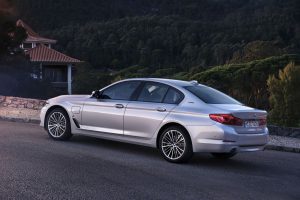
That’s where we are now, or one of the places, so sayeth Matt Levine:
Basically it is easy, using blockchain technology, to create scarce claims. You could I suppose use this technology to create scarce claims to scarce resources: You could put, like, housing deeds or shares of corporate ownership or cargo-container manifests on the blockchain. This would — people have argued for years — have benefits in terms of efficiency and legibility and tradability. It would create value by improving the processes by which real-world assets are transferred and allocated. Classic financial-services stuff. Nobody talks that much about this anymore.
Instead, people like to use blockchain technology to create scarce claims to abundant, or infinite, resources. There is absolutely no shortage of JPEGs, they are infinitely reproducible more or less for free, but that means — or meant — that you couldn’t become a millionaire by having good taste in JPEGs. But now people can create a unique non-fungible token representing ownership of a JPEG and use it as a status symbol or a speculative asset. Nobody will pay you for a number in your computer’s memory, but people will pay you for a scarce number in your computer’s memory.
Stop shaking your head – it’ll hurt your neck. Or just wait.
Theoretical normal person: If you could do a thing that wasn’t just bad for but ruinous to your country’s political system – but it was very good for your profits, would you do it?
Our actual media: Do what?
Such is our national media paralyzed on the question of how to cover Biden, how to normalize authoritarian white nationalism and get Trump back. Ratings are down and they’re in a bad way, which means they’ll gladly put us [all] in a worse one to keep the eyeballs rolling in and the clicks coming.
It’s really something.


